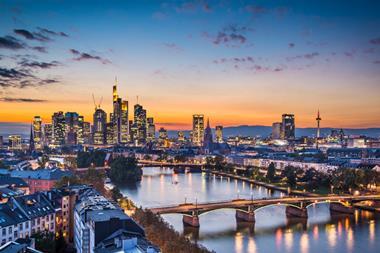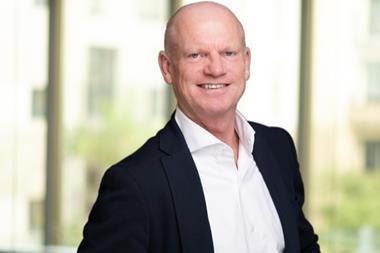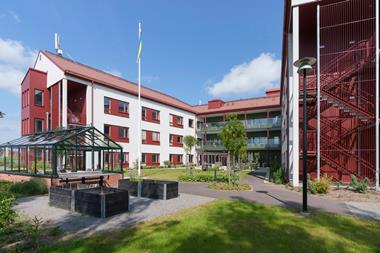Germany needs to change its environmental regulation to allow more construction of residential property according to the head of the country’s biggest property company.
Speaking at the annual conference of the European Public Real Estate Association (EPRA) in Berlin, Rolf Buch, chief executive of Vonovia, said despite surging values of listed residential property companies, the real estate sector is being held back from meeting future demand as a result of environmental regulatory barriers.
This was because if people could not live where they wanted to live, they would not like it, he went on.
“I can understand it,” he said.
“It’s a fundamental need — it’s not like, do we have enough cinema space? It’s much more important.”
Buch predicted there would be an ongoing discussion about this, adding he hoped that in time, more permission would be given.
“But this will take time, so we should think of five or 10 years’ time — not the short term,” he said.
The free float market cap of German residential real estate has increased more than tenfold in the last five years, Buch said, rising to around €52bn in August 2018 from around €5bn in mid-2013.
Over the same period, Vonovia’s free float market cap had grown to some €21.5bn from €400m, he said.
German residential property assets had grown to such an extent that on a free float market cap basis, they were now 10 times bigger than the rest of Europe put together, Buch said.
Noting that German residential market was a highly-regulated one by international comparison, Buch said the country was suffering from a shortfall in supply as a result of some past political misjudgements about future demand.
It had been assumed that the demographic change occurring in Germany — with the population set to decrease — meant that there would be no need for new apartments.
Reflecting this, Vonovia’s output contracted to around 200,000 apartments a year in 2010/11 from some 600,000 a year previously, he said.
“Unfortunately it was a misjudgement because we completely forgot about a few effects,” he said.
Even though the population was shrinking, people from other European countries and the need for apartments grew as single households increased, he said.
On top of this, the process of urbanisation — which was not previously considered an important trend in Germany — has seen many people move from the German countryside to cities.
Vonovia was now ready to deliver 300,000 units a year but needed 400,000, Buch said.
“But we have already a backlog of 1m apartments so we are adding 100,000 a year,” he said.
“A lot of Anglo-Saxon people say, well this is easy, just build more,” Buch said.
“Unfortunately we have built in a structure that means that in order to get building permissions it makes it nearly impossible,” he said.















